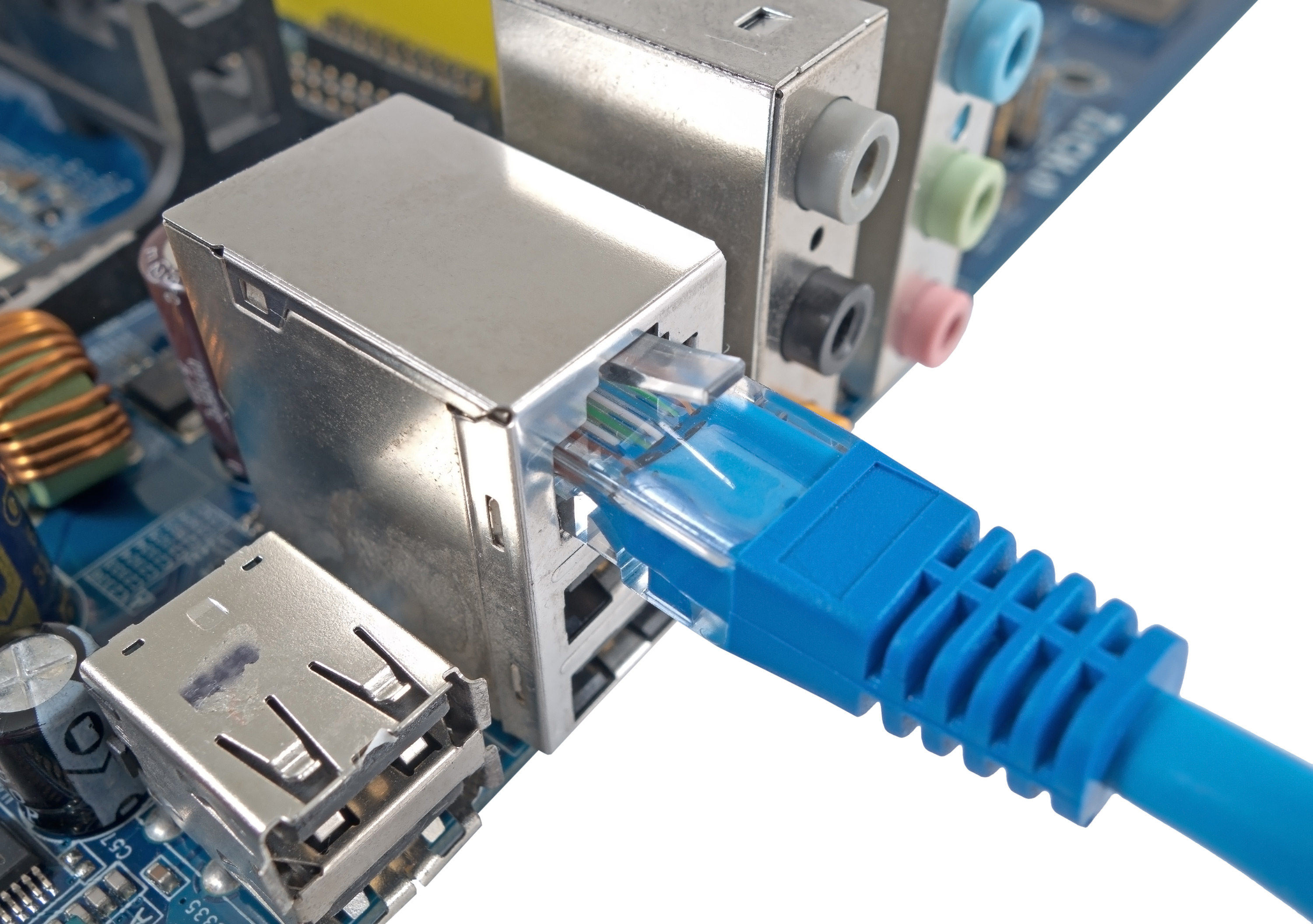Why it matters: Gigabit ethernet has become a ubiquitous standard, but little has changed over the past several years. Realtek may finally break the chicken or the egg problem of not having enough customers with faster hardware, which stops OEMs from building faster networking equipment that is affordable for consumers.

Going back to Computex 2018, Realtek unveiled a line of single-chip 2.5G ethernet controllers. These are the first of their kind that do not require firmware, external flash memory, or a heat sink. Three different variants have interfaces specific to use on motherboards, dongles, and within routers and switches.
A few months later, Realtek may have found its first customer to implement 2.5G ethernet. ASRock has teased 2.5G LAN on an upcoming Phantom Gaming motherboard that is launching soon. Aquantia is one of the few other candidates that ASRock could turn to in the business of making controllers faster than 1Gbps, but has been more focused on 10G options. Another possibility is that Rivet Networks has an unannounced controller that has been sold to ASRock.

Instead of making the jump to 5Gbps or 10Gbps, Realtek's chips only reach 2.5Gbps. It is believed that keeping costs low is the reason behind this decision. Even though 10G networking equipment is readily available now, it is still too expensive for most to implement it in their homes. A single 10G port on a PCIe card costs just shy of $100 and requires a switch that is around $200, plus any cabling expenses.
Realtek's RTL8125 features a PCIe 2.0 interface and can be embedded on motherboards. The RTL8156 offers USB 3.1 support for docking applications and dongles. Finally, the RTL8266 provides 2500BASE-X, SGMII+, and USXGMII interfaces for use in routers, switches, or other networking hardware.
Upgrading from gigabit to 2.5G is possible without replacing any existing cables provided that Cat5e or higher is installed currently. File transfers over local networks could see quite noticeable performance boosts by switching to a faster standard.
Image Credit: Network cable by a_v_d
https://www.techspot.com/news/76788-realtek-may-finally-bring-25g-networking-masses.html